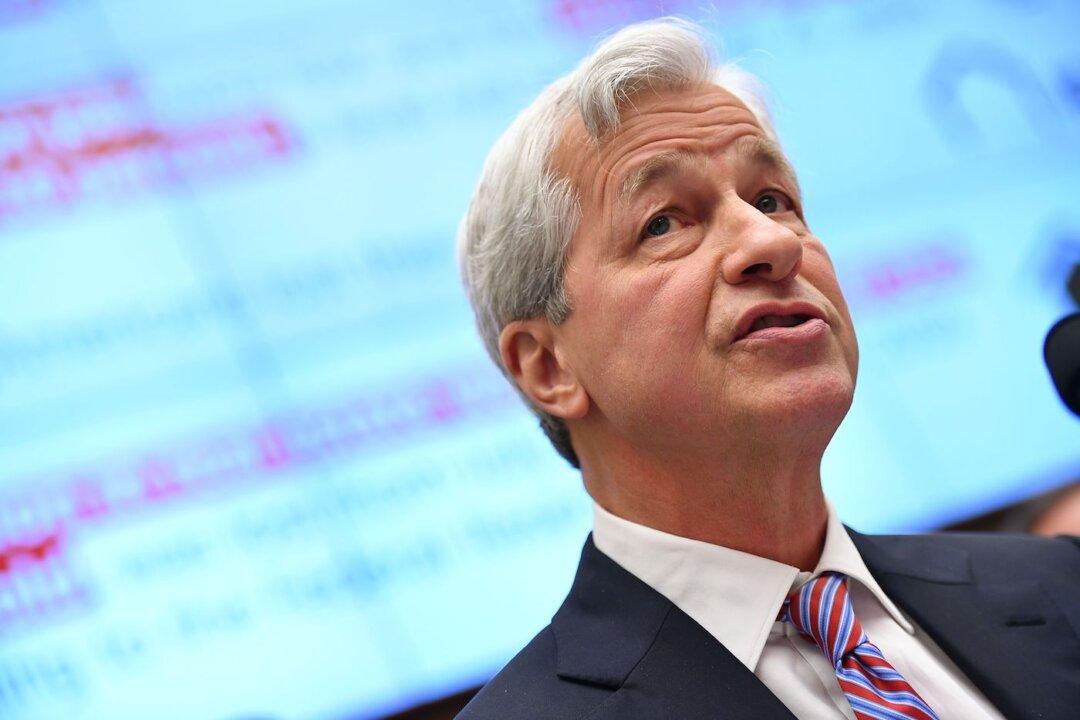Sen. Marco Rubio (R-Fla.) has raised “strong concern” over banking giant JP Morgan Chase’s decision to partner with China-based ByteDance to develop its next-generation payment systems.
ByteDance is the parent company of social media giant TikTok, and has drawn heightened scrutiny over its ties with the Chinese Communist Party (CCP), which rules China as a single-party state.




